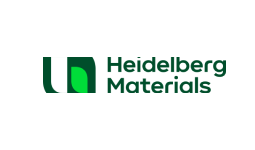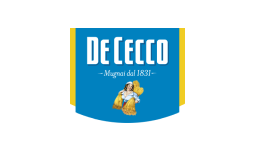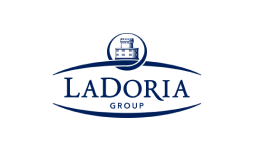 Is Your Company Ready for E-invoicing in India ?Get Started on Your E-invoicing Journey with Comarch
Is Your Company Ready for E-invoicing in India ?Get Started on Your E-invoicing Journey with Comarch

Mandatory e-invoicing is being rolled out in India in stages. In October 2020, it became mandatory for companies with a combined annual turnover exceeding INR 500 crore. Then, starting from January 1 2021, it was the turn of companies with a turnover of more than INR 100.
On April 1, 2021, the obligation was extended to companies with an annual turnover exceeding INR 20 crore and then, in 2022, to taxpayers with a turnover of more than INR 10 crore.

In India, the CTC model was implemented based on the mandatory infrastructure of the invoice registration portal (IRP). All companies based or with branches in India are required to create e-invoices using their own systems, and submit them electronically to the Indian registration portal in JSON format for approval. All invoices receive an invoice reference number (IRN) and a QR code from which all invoice details can be read. The IRN is issued after a valid invoice has been approved, and invoices without an IRN are considered invalid. If this approval process is successful, digitally signed invoices are uploaded to the GST System. The company then receives proof of invoice registration and the approved invoice is available to the seller and buyer on the GST portal.
 2022
2022All companies with a registered office or branch in India with a turnover of more than 20 crore and carrying out B2B transactions are required to create e-invoices using their systems and submit them electronically to the Indian Registration Portal (IRP)
Mandatory e-invoicing applies to taxpayers with a more than 10 crores turnover
 2023
2023E-invoicing became mandatory for businesses with a turnover of Rs 5 crore ($630,000) and more
E-invoice upload to the Invoice Registration Portal within 30 days of invoice issuing is mandatory for businesses with a yearly turnover of Rs 100 crore or more

The only method for ensuring the integrity and authenticity of e-invoices envisaged by legislation is to apply a digital signature in line with the Indian IT Act.


Storage period is 8 + 1 years

We have 20+ years of experience in carrying out various EDI, e-invoicing, and other document exchange projects around the world. In those years, we have successfully connected more than 130,000 entities from over 60 countries.
Full compliance with the latest data exchange regulations and modern data transfer standards
Applying new technologies and IT solutions in order to streamline workflows and automate activities and procedures
Tailor-made solutions based on processes specific to each company – own road map and a suitable pace of changes
Highest level of security for all sensitive and important company data
The GST system is a portal for exchanging e-invoices in India. Once an invoice is sent in the correct format and assigned an IRN and QR code, it is forwarded to the GST system for registration. An approved invoice will be available for the seller and buyer on the GST portal.
IRN is an invoice reference number received after correct invoice validation.
All companies with headquarters or branches on Indian territory with 20 crores and above turnover must create e-invoices using their systems and send them electronically to the Indian Registration Portal in JSON format for validation.
Since October 1, 2022, mandatory electronic invoicing has been applied to taxpayers with a turnover of over INR 10 crore. In January 2023, e-invoicing became mandatory for businesses with a turnover of INR 5 crore ($630,000) and more.
The best solution needs to be fully compliant with Indian requirements, capable of integrating with GST, and able to convert the e-invoice format requested by your partner to JSON. The best provider should have experience in providing similar services in other countries, so you are sure they are exchanging your sensitive data securely, reliably and most of all in line with governments’ requirements.

Make sure your business meets international standards with the Comarch e-Invoicing platform, trusted in more than 60 countries. Enjoy hassle-free integration and continuous compliance updates.
























